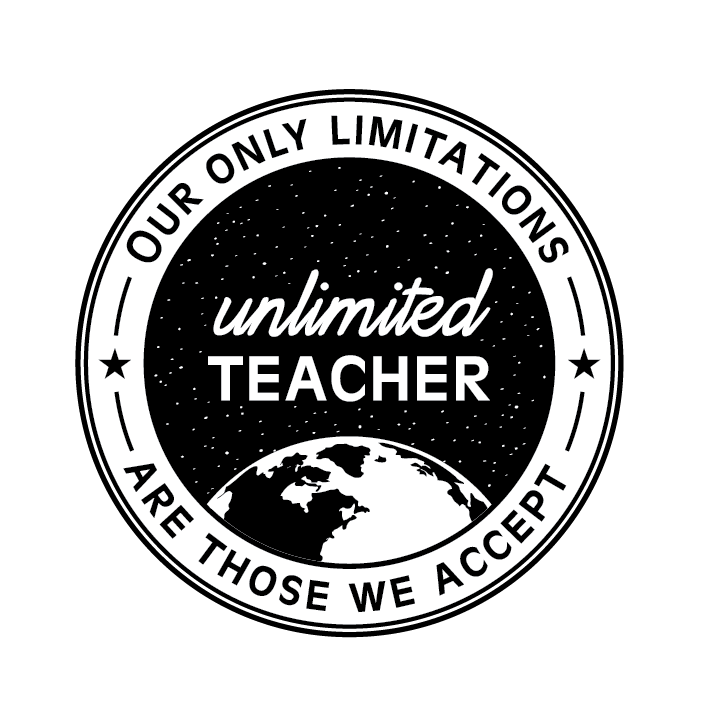What We Can Do: Our (Tent.) Remote Learning Plan
Two weeks ago, my two courses were wrapping up a novel study and we were about to immerse ourselves in weeks of writing practice.
I love the collaborative exercises and writing stations we do in the spring and I was looking forward to helping my students communicate their ideas.
They have the best ideas; thoughtful, inspiring, empathetic, passionate. It’s their clarity, organization, depth and specificity which need work.
But we didn’t come back from that weekend.
Social media has been full of thoughts about our need for normalcy, but also our need for patience.
Our need to be there for students, but what about our students who can’t be there?
Our need for self- and family-care, but a call for our dedication for the good of our community.
Our need to help students grow, but what about their grades?
Our need to provide learning opportunities, but what other lessons are they learning without our assignments?
Before I share different resources I’ve considered for my students over the past two weeks, I just want to say I, myself, am struggling to concentrate. I can only imagine my students are experiencing something similar.
I refuse to add stress to their lives right now.
I will only offer connection and an ELA distraction.
We're talking about only 2+ months of unexpected interruption of their 12+ years of education, so I’ve gone back and forth on what I would offer students. And it is only an offer.
Everything will be communicated with “can.” We will meet on Tuesday to discuss what we can do, as we always have. And I’ll be available every Tuesday morning via Google Meet so students can check in if they need anything.
Our district, in its true understanding and appreciation for everyone in our community, will ask secondary students to do only about one hour of course study per subject during our first week of remote learning. Then a little more with each week.
All I want for my students right now is for them, and their family and friends, to be and stay healthy.
To pay attention to all that is happening and how they feel.
To consider others and themselves.
To take advantage of this ELA distraction if they want one.
To know I’m here and that this will end.
And, especially, to know we can use what we learn from this time for positive action in our future, and this will depend on our awesome responsibility to make wise and empathetic choices, now and always.
Timshel.
Please. Stay well.
My current plan for the first three weeks (as of 11am on March 28, 2020 because, wow, things change quickly now) is to offer the following:
Synthesis
Students can synthesize information about any topic which interests them, including COVID-19, if they so choose
Students can create a video, journal collection, infographic, research paper, PSA, podcast episode, or piece of art to communicate their learning and provide the resources used
Reading (#TQE can continue; it’s about sharing thoughts!)
Students can finish East of Eden (we had 100 out of 500+ pages left) and we can discuss it once a week
Students can read a novel of their choice independently, in pairs, or in groups and communicate their thinking weekly
in a notebook or document (Kelly Gallagher-style, Left/Right Annotations, or any other written way)
Asynchronously via FlipGrid, Padlet, a Google Doc, or in a Voxer group
As well as together on Google Meet or in a Voxer group
Universal Theme (making literature relevant to their own life experience)
Students could compare their thematic understanding of Lord of the Flies, but it will probably be quite infuriating and depressing
Students can work on their Timshel List
It’s a bucket list inspired by the idea that we, through our choices, make our life experience and that we have the awesome responsibility to make life what we want
It could be nice to think of all that we’ll get to do when we are outside again or what they can do while inside
They can become inspired by one of the list’s items and share what they’re doing to complete that item
Writing (with a focus on depth, organization, clarity, and specificity)
Students can keep a journal of their experiences and thoughts during this historic time
Students can keep a gratitude journal or write notes of gratitude for others
Students can write creatively or persuasively
Teachers, were you looking for different (more specific) ideas? (Or were you looking for resources?)
Why not ask students to learn about or try something new & reflect?
Colleges and Majors
Career Options
Countries & Cultures
Family recipes and stories
Financial literacy
Film (or Film & Book) Comparisons
Life Skills: sewing, cooking, changing a tire, tying a tie, building something
Playing an instrument
Create YouTube tutorials
Learn a tech tool



